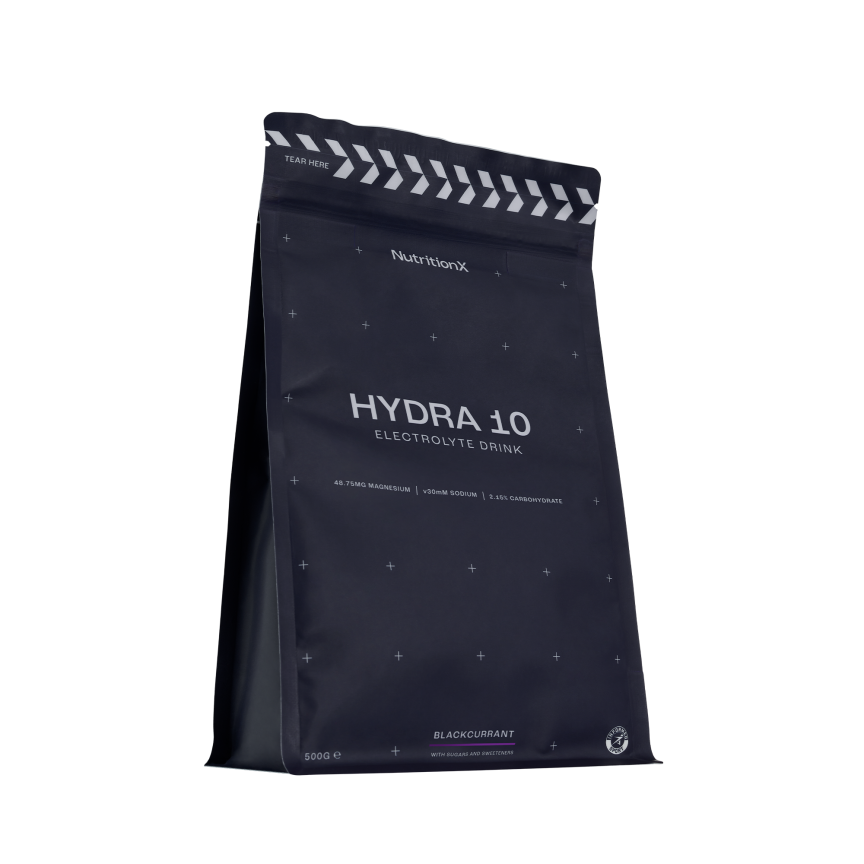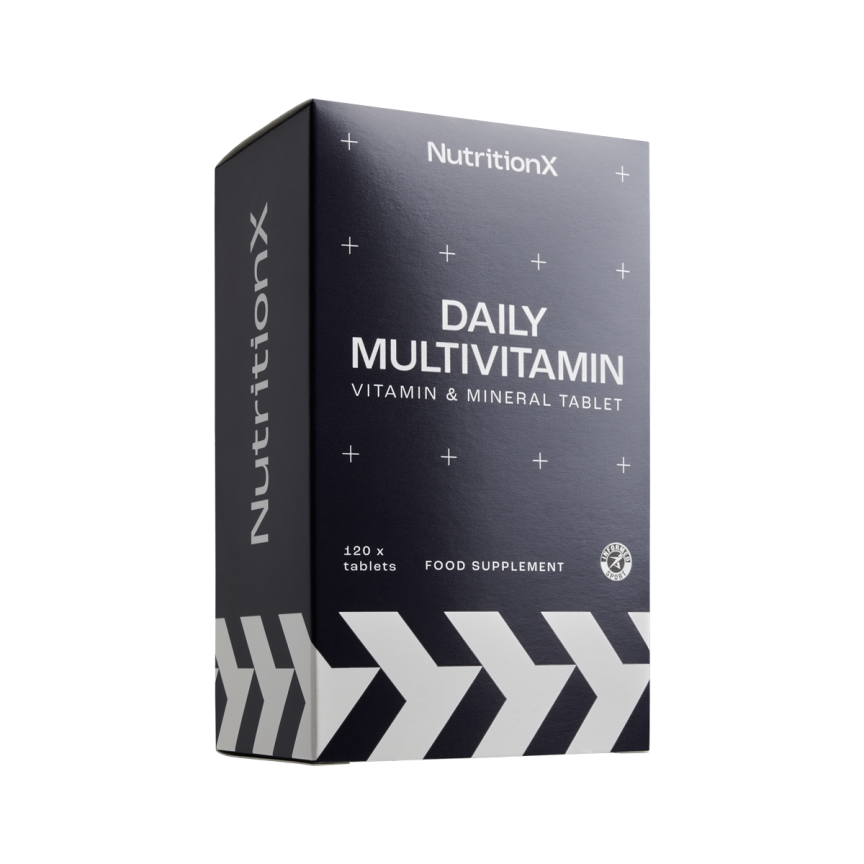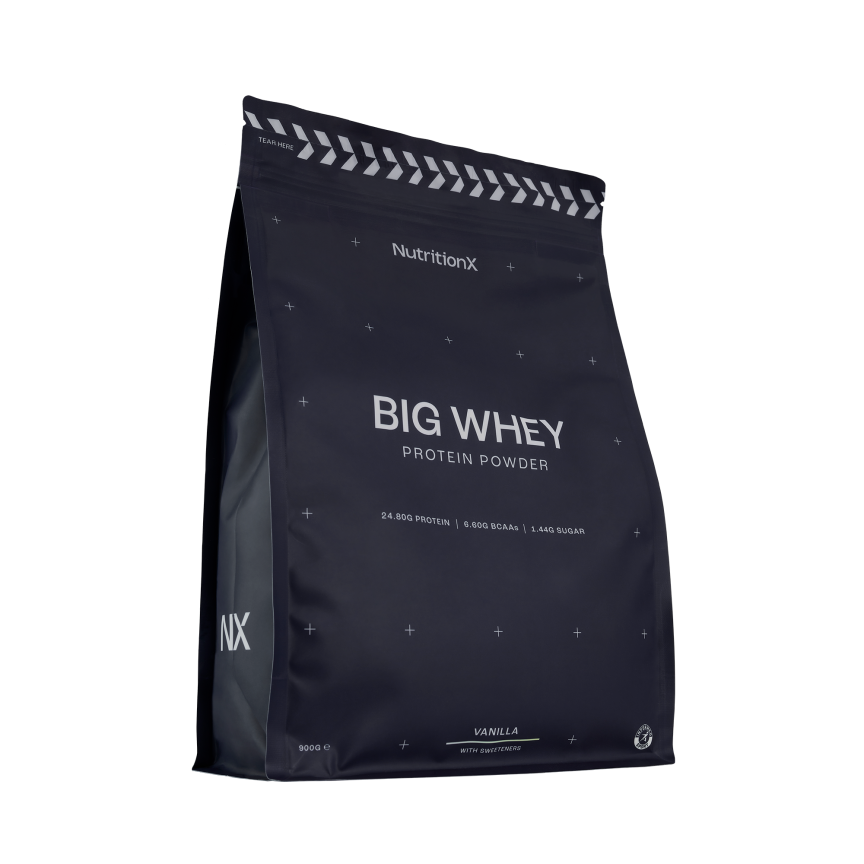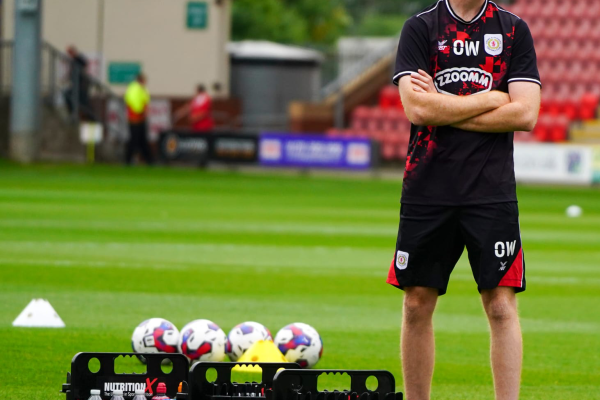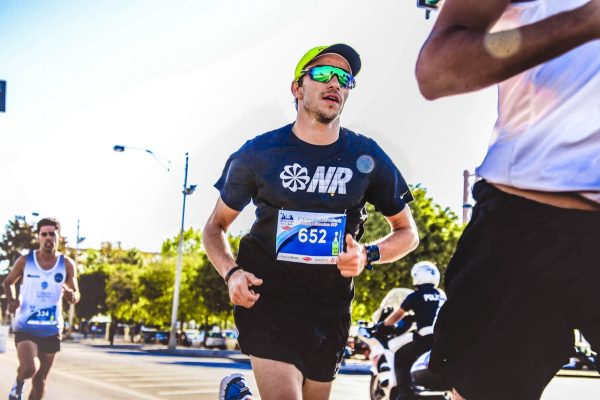The Impact of Poor Nutrition on Athletic Performance
Nutrition plays a crucial role in athletic performance. Dietary intake provides the energy athletes need to perform at their best, supports recovery after exercise, and helps maintain optimal health and prevent injuries. Nutrition strategies should be individualised to each athlete's needs, considering factors such as their sport, training load, body composition goals, health, and personal preferences.
How does poor nutrition affect athletic performance?
Poor nutrition can significantly hinder athletic performance. For example, a lack of carbohydrate intake can lead to fatigue, decreased concentration, and impaired performance - depending on the energetic demands of the sport. Protein is required for recovery and adaptation to training. Deficiencies in vitamins and minerals can impact various bodily functions, including the immune system, bone health, and energy production. For instance, iron deficiency can lead to anaemia, which can reduce an athlete's endurance capacity.
What is a nutrition strategy for athletes?
A nutrition strategy for athletes involves planning and managing their dietary intake to support their training and performance goals. The distribution of carbohydrates, proteins, and fats should be adjusted based on the type of sport, training intensity, and individual preferences. Timing and composition of pre-competition meals can significantly impact an athlete's energy levels and focus during a game or event. Proper post-workout nutrition is essential for efficient muscle recovery and replenishment of energy stores. Athletes should also stay hydrated and consider the use of appropriate supplements, such as the Nutrition X Hydra+, HydraFuel and Hydra10, if necessary.
How should an athlete figure out their nutrition strategy?
Determining an effective nutrition strategy requires a comprehensive assessment of the athlete's needs and circumstances. Ideally, this should be done in conjunction with an SENr accredited sports nutritionist. This might include evaluating their body composition, biochemical markers, current dietary intake, and environmental factors. The strategy should be tailored to the athlete's sport, training load, body composition goals, health, and personal preferences. It's also important to monitor the athlete's response to the strategy and adjust it as needed.
Top Tips for Athletes' Nutrition Strategy
- Variety: Consumption of a variety of foods to ensure a broad spectrum of nutrients.
- Hydration: Stay well-hydrated, especially during and after exercise.
- Meal Timing: Plan meals and snacks around training sessions to fuel workouts and support recovery.
- Individualisation: Tailor the strategy to the athlete's individual needs, preferences, and goals.
- Monitoring: Regularly monitor the athlete's response to the nutrition strategy and adjust it as needed.
Can supplements help with poor nutrition?
Supplements can be used to address specific nutrient deficiencies or meet certain health and performance goals. However, they should be used as a complement to a balanced diet, not a replacement for it. The use of supplements should be carefully considered and monitored, as they can have side effects and may carry some risk of contamination. Supplements should be sourced from reputable suppliers and batch-tested with Informed-Sport. While a food-first approach is often desirable, a food-only approach is not always warranted or optimal. For example, athletes may find it more convenient to consume caffeine, omega-3, or protein through either/or/both food only products and dietary supplements. Other supplements that have been shown to increase performance, however are difficult to obtain in the quantities required through food alone, are Beta Alanine and sodium bicarbonate.
Conclusion
In conclusion, nutrition plays a pivotal role in an athlete's performance and overall well-being. Poor nutrition can lead to subpar results, increased risk of injury, and compromised athletic potential. Developing a personalised nutrition strategy that meets an athlete's unique needs and supports their training demands is crucial for success. By prioritising a well-balanced diet, staying hydrated, and, if needed, incorporating appropriate supplements, athletes can optimise their performance and achieve their athletic goals.






